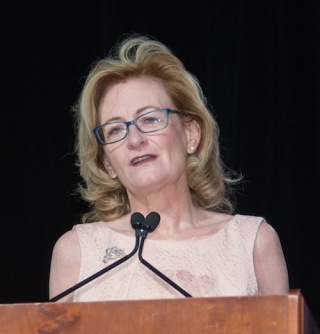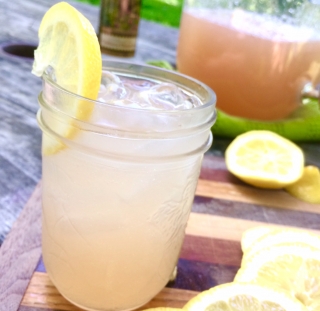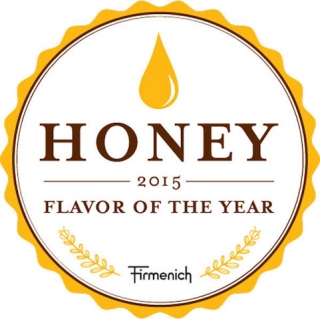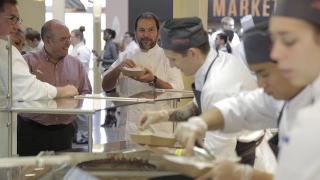
Guest Speaker: NRA Urges ACF Members to “Drown the Noise”
Wednesday, 23 September 2015 12:59An overview of Dawn Sweeney’s keynote address to the American Culinary Federation at its national convention.

An overview of Dawn Sweeney’s keynote address to the American Culinary Federation at its national convention.

Moonshine goes gourmet, Mason jars replace fancy glassware, and simplicity reigns supreme. These and seven other trends are the hallmarks of the current craft-cocktail culture.

The National Honey Board indicates that interest in honey is growing among consumers, more of whom seek honey in dishes and beverages served at restaurants and home. Indeed, honey has potential to become a classic flavor, akin to vanilla. The largest privately owned company in the field of flavor, based in Switzerland, agrees.

Leyenda opens as the capstone project of The Culinary Institute of America’s “intrapreneurship” academic concentration, which aligns the business part of a restaurant with the ability and love of cooking professionally.
A pilot project in Canada supports vulnerable members of the community who seek stable jobs in foodservice.